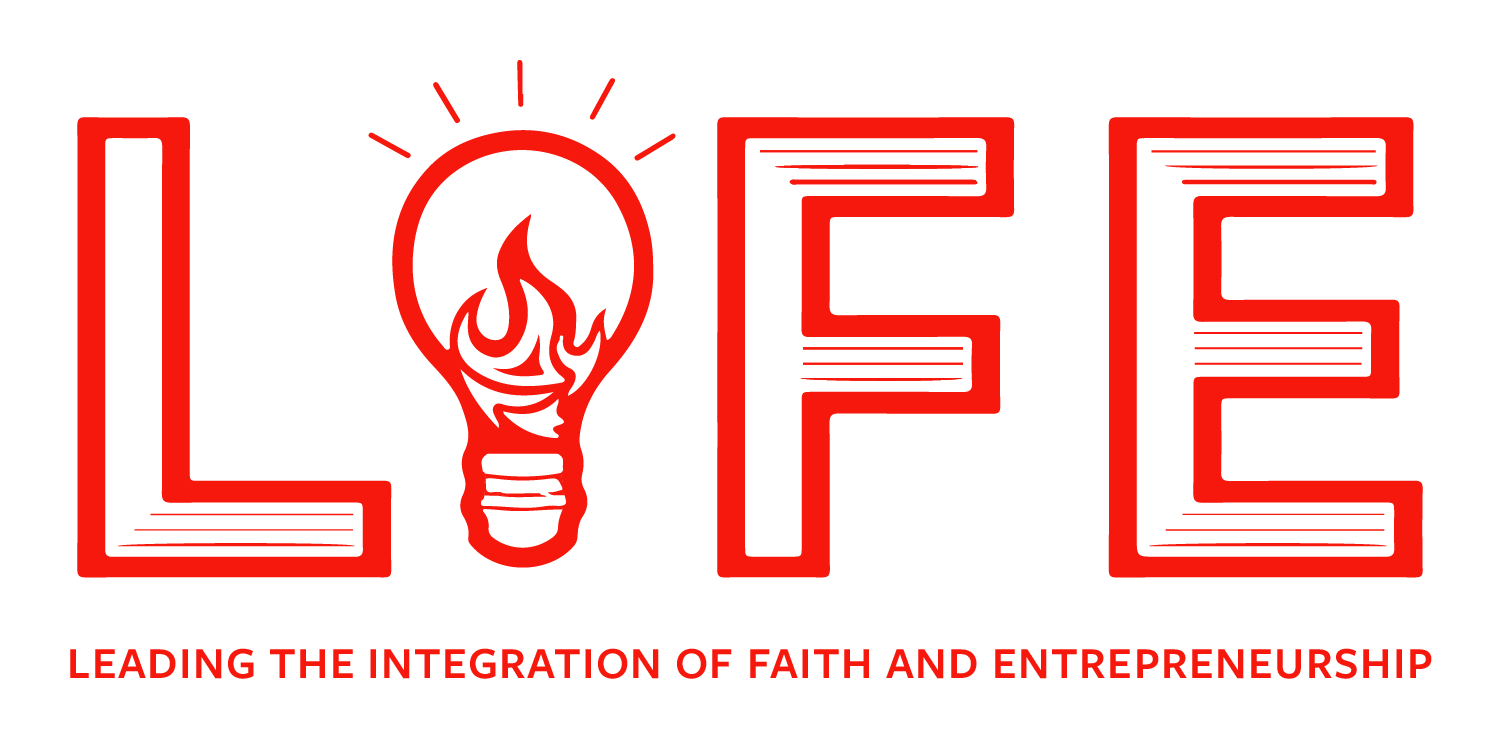My Two Lives: L.I.F.E. and Life
Every time I have a conversation with someone about work, I inevitably have to make the distinction between “L.I.F.E. and life.” I will tell a friend that life is going well or stressful or that there is a lot going on, but without the benefit of seeing the typeface, they often have no clue whether I am talking about my job or my personal life. It’s a little comical, but I think that in a very on-the-nose manner, it points to exactly the problem we are studying: to what degree is there integration/separation of our work and our personal lives, and how do different people arrive at and enact their decision?
Regardless of the specifics or doctrine or denomination, a person who ascribes to a faith system makes a decision about whether and how to incorporate his or her beliefs into different facets of life, including work. We have been fortunate to work with some of the entrepreneurship field’s most prolific academics, scholars from diverse faith backgrounds (including none), ethnicities, and genders. While everyone brings a unique perspective to the work, we all agreed on one thing: practitioners and academics alike are integrating their beliefs into the way they work.
Of course, the degree and manifestation of that integration is as diverse as the individuals who practice, leaving a great gap—ripe with opportunity—to study the spectrum of integration, including the motivation behind the action and the actions themselves. Through excellent academic study by a high-quality pool of scholars, we can begin to understand this important factor in entrepreneurship research.
Because the reality is, life is rarely as segmented as we believe. Founding Director of L.I.F.E., Brett Smith, explained that “you don’t check your race or your gender at the door when you come to work; you shouldn’t have to check your faith either.” This is a notion many faith-driven practitioners refer to as bringing your “whole self” to work. Several panelists at the L.I.F.E. Research Conference in April 2021 noted that not only do practitioners, but also scholars do (and should have permission to) bring their whole selves to their work. This wonderful reality motivates different kinds of studies that contribute to an incredible field of knowledge. We are only beginning to see the benefits of a network of scholars working in this space, but one thing is certain: we can no longer ignore faith in the study of entrepreneurship.

